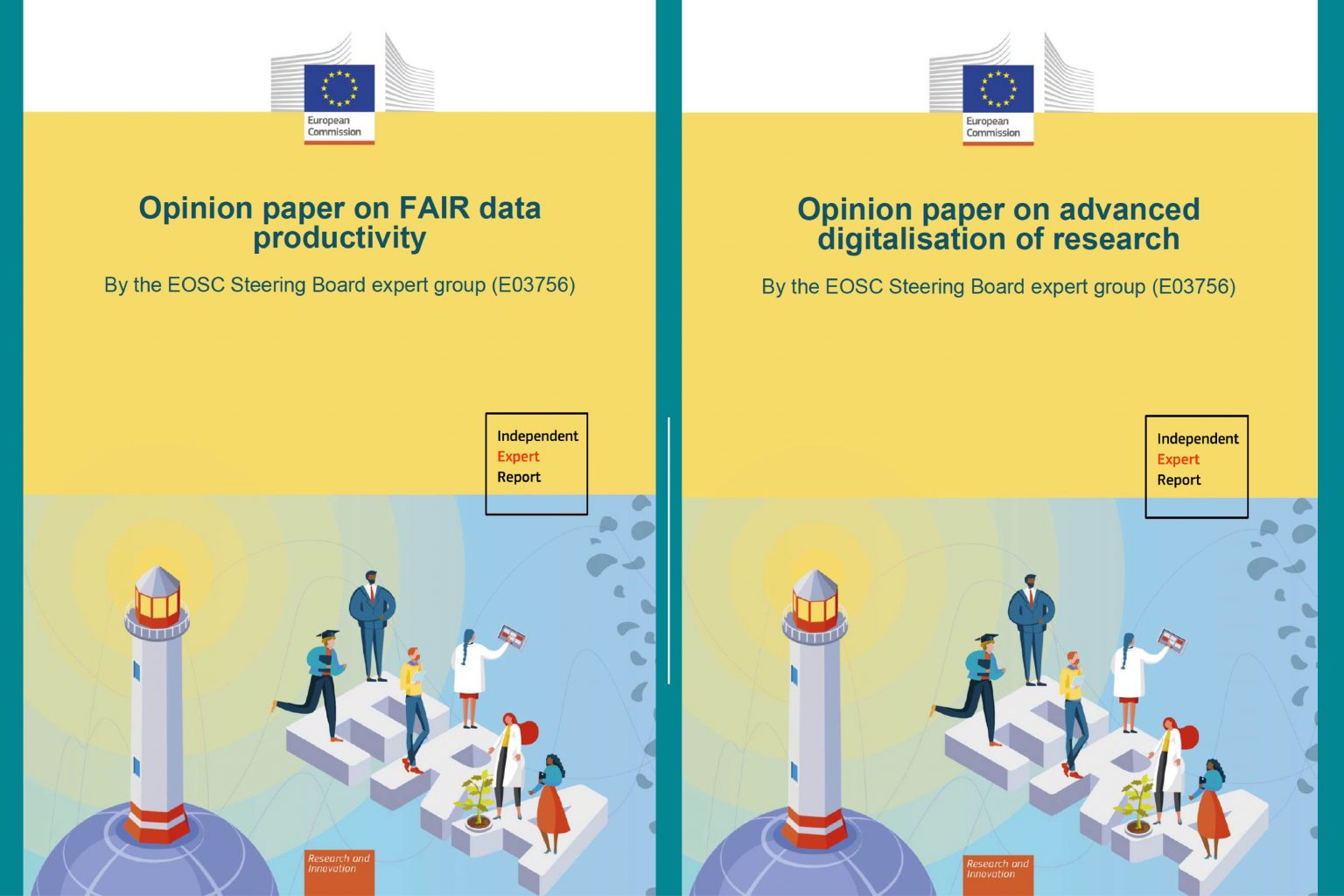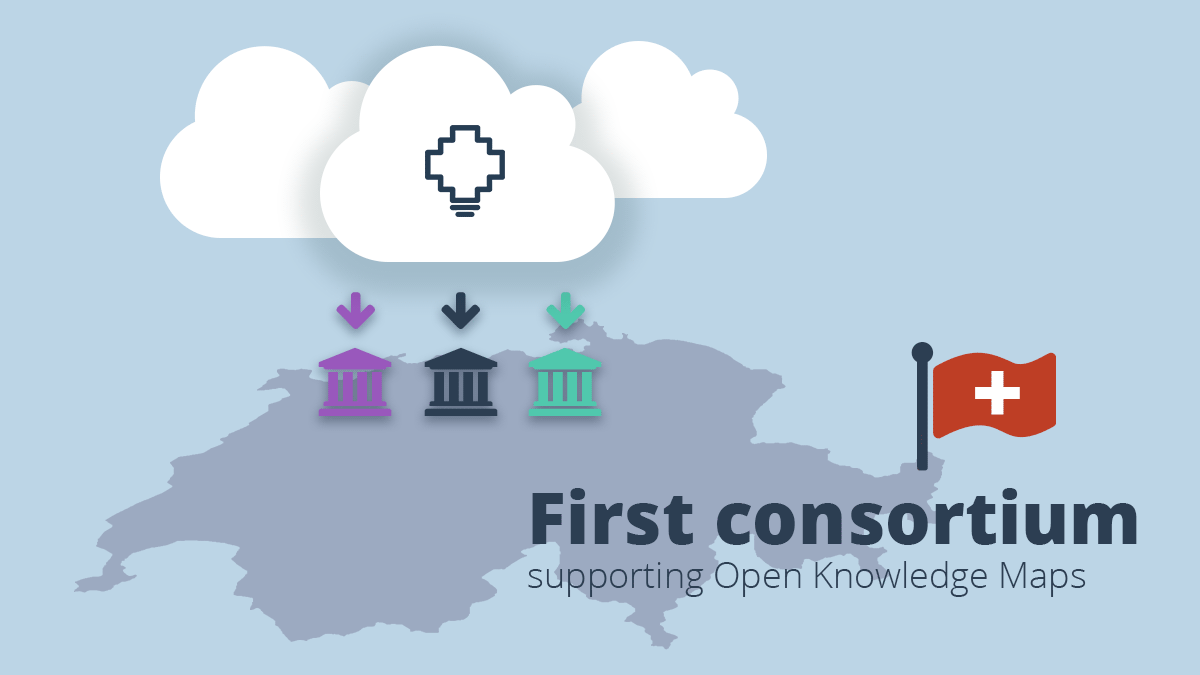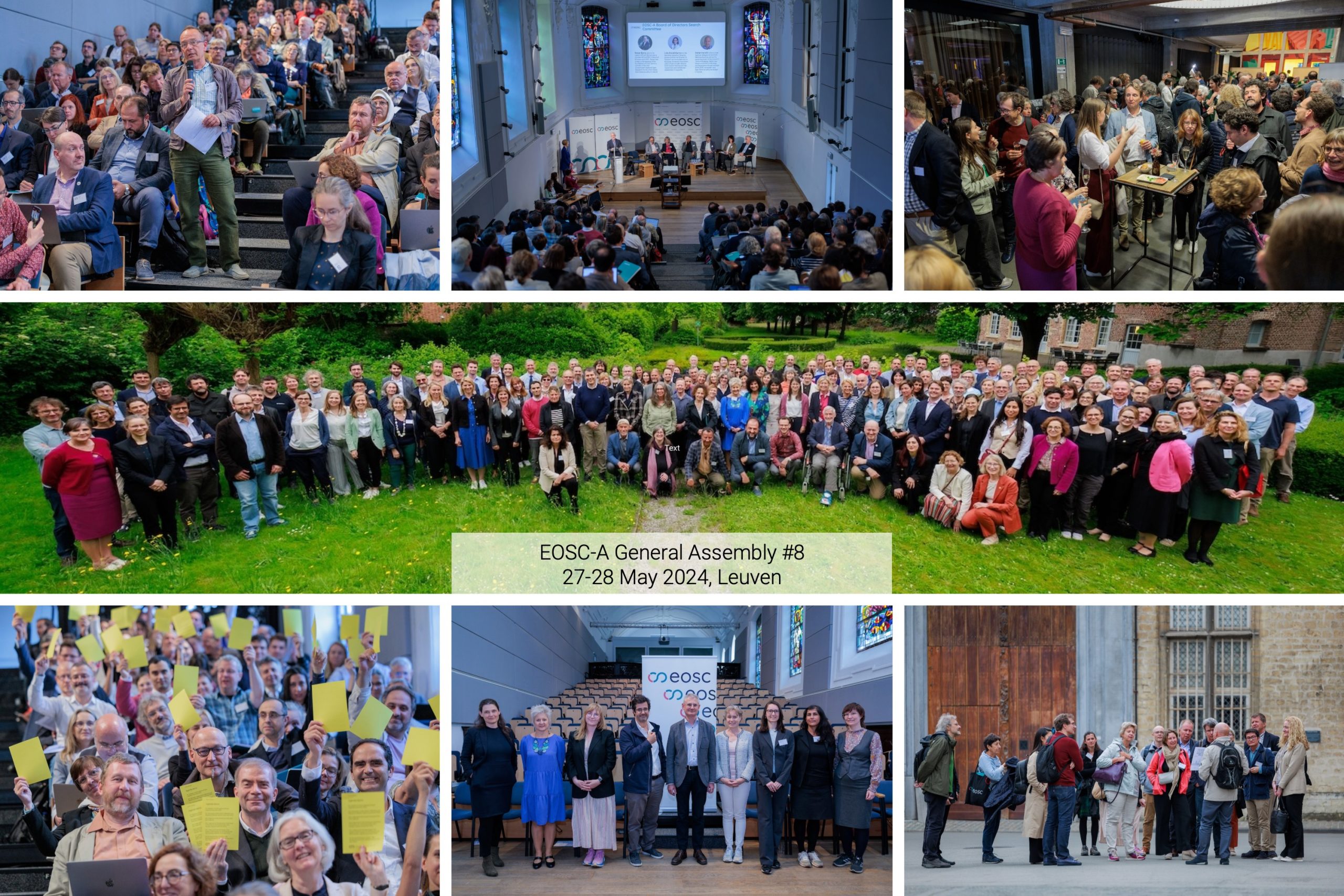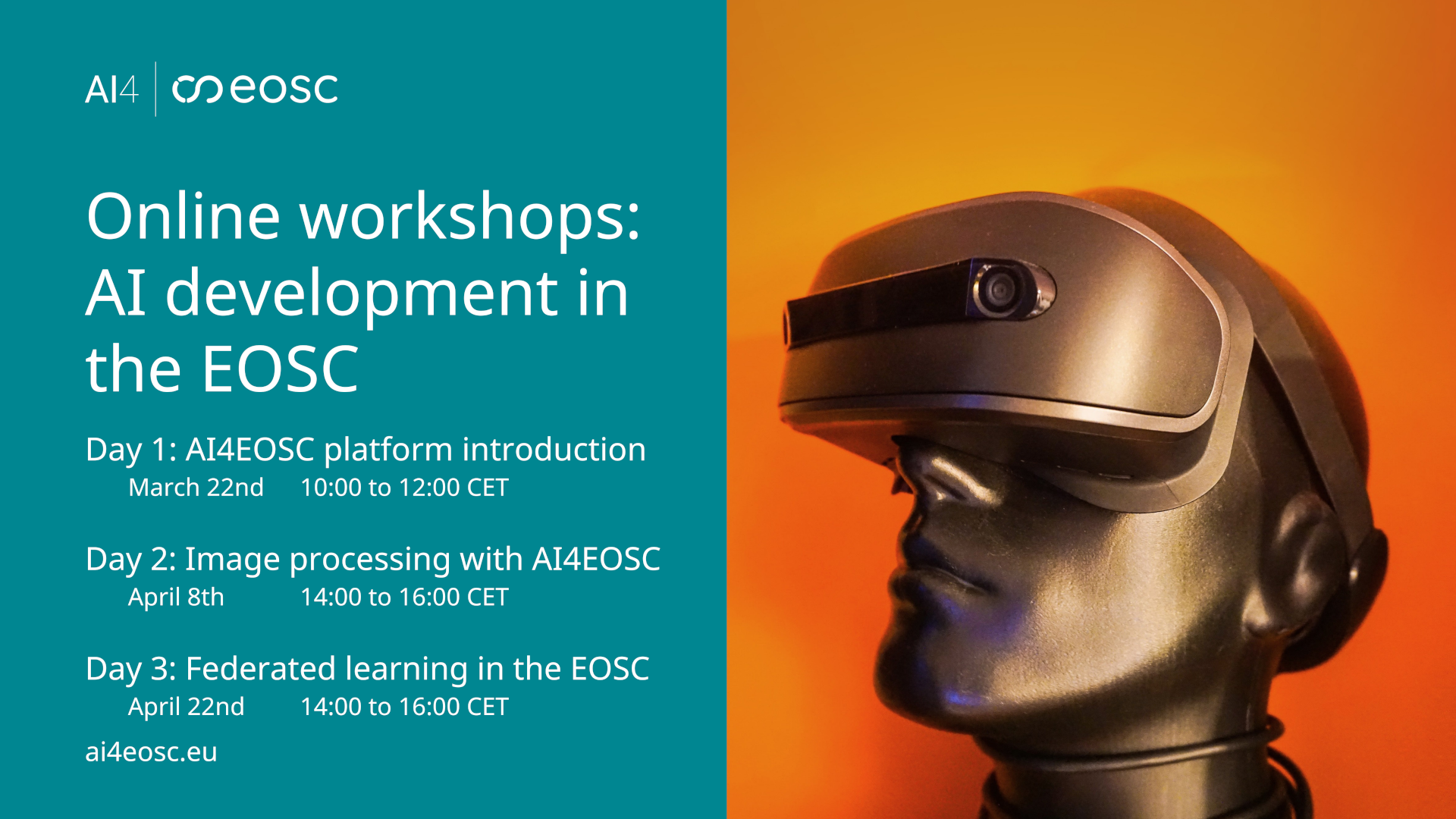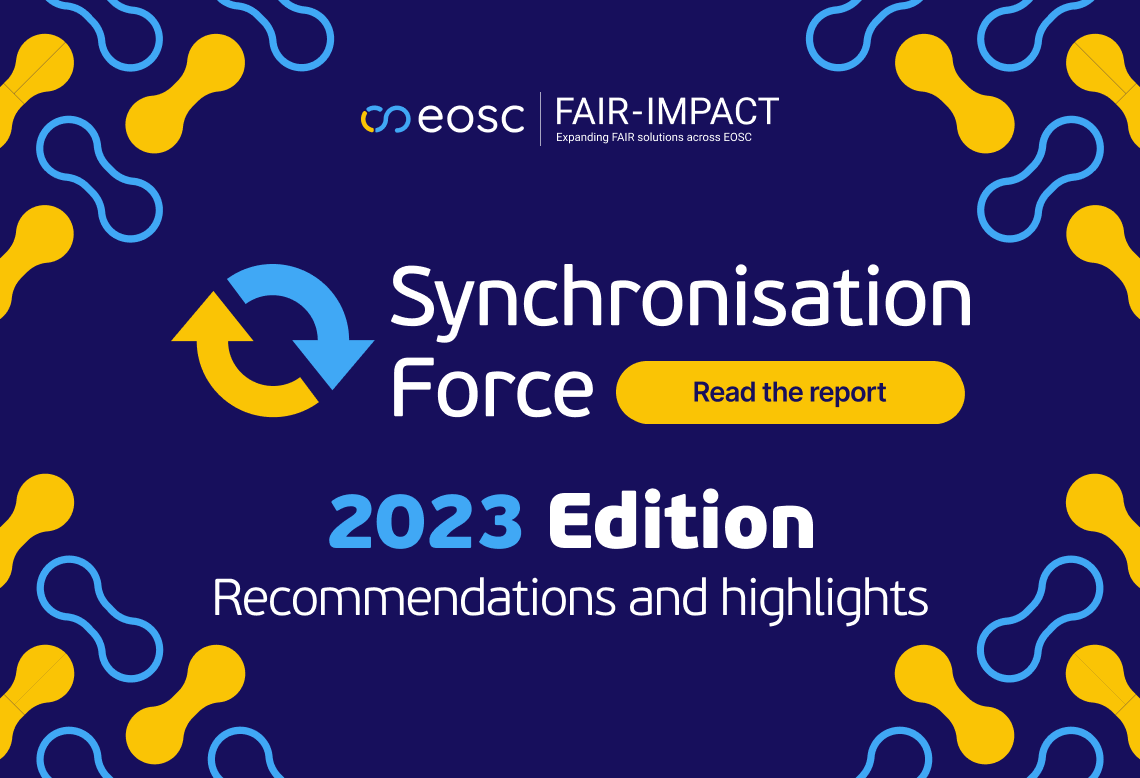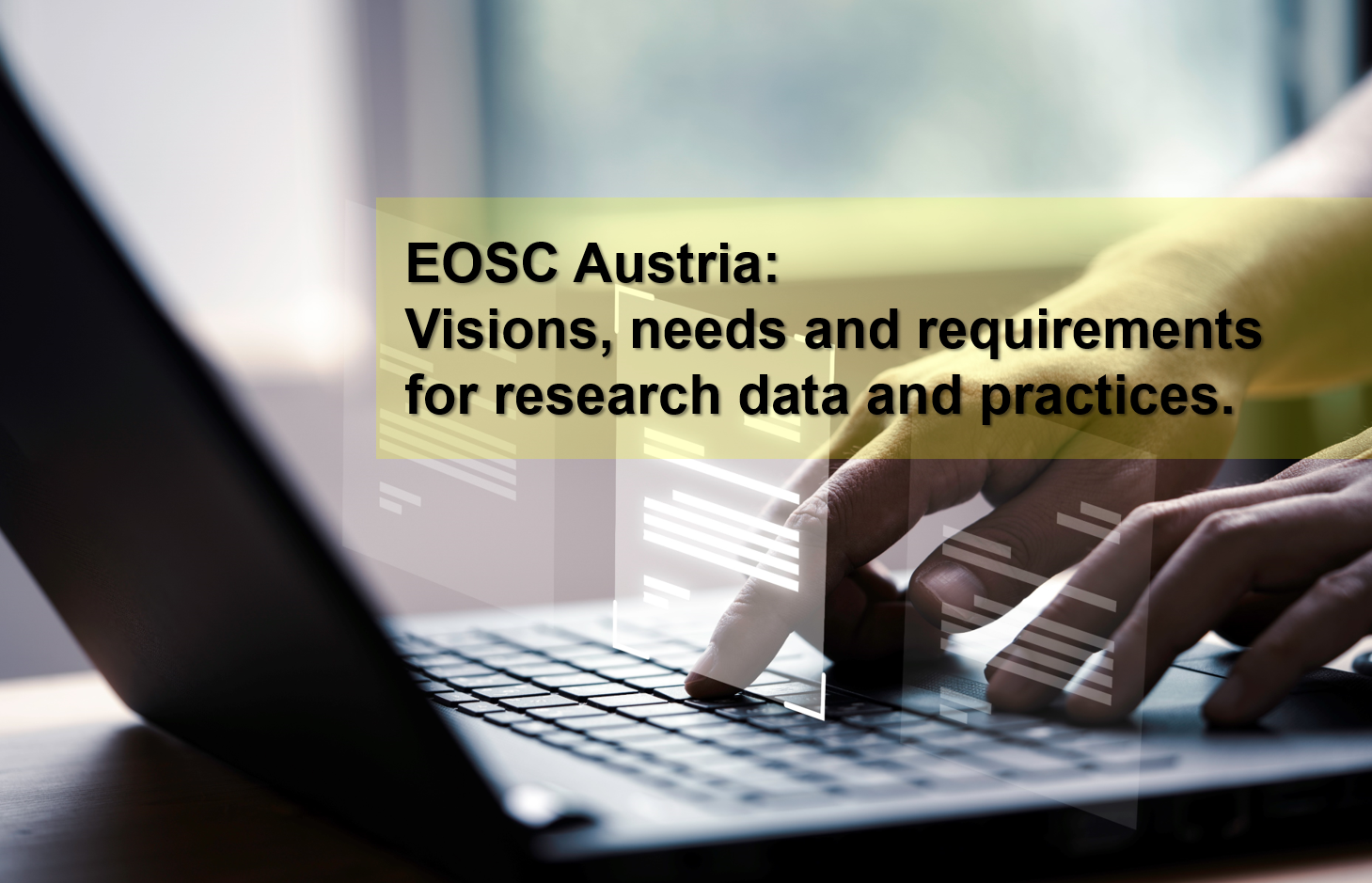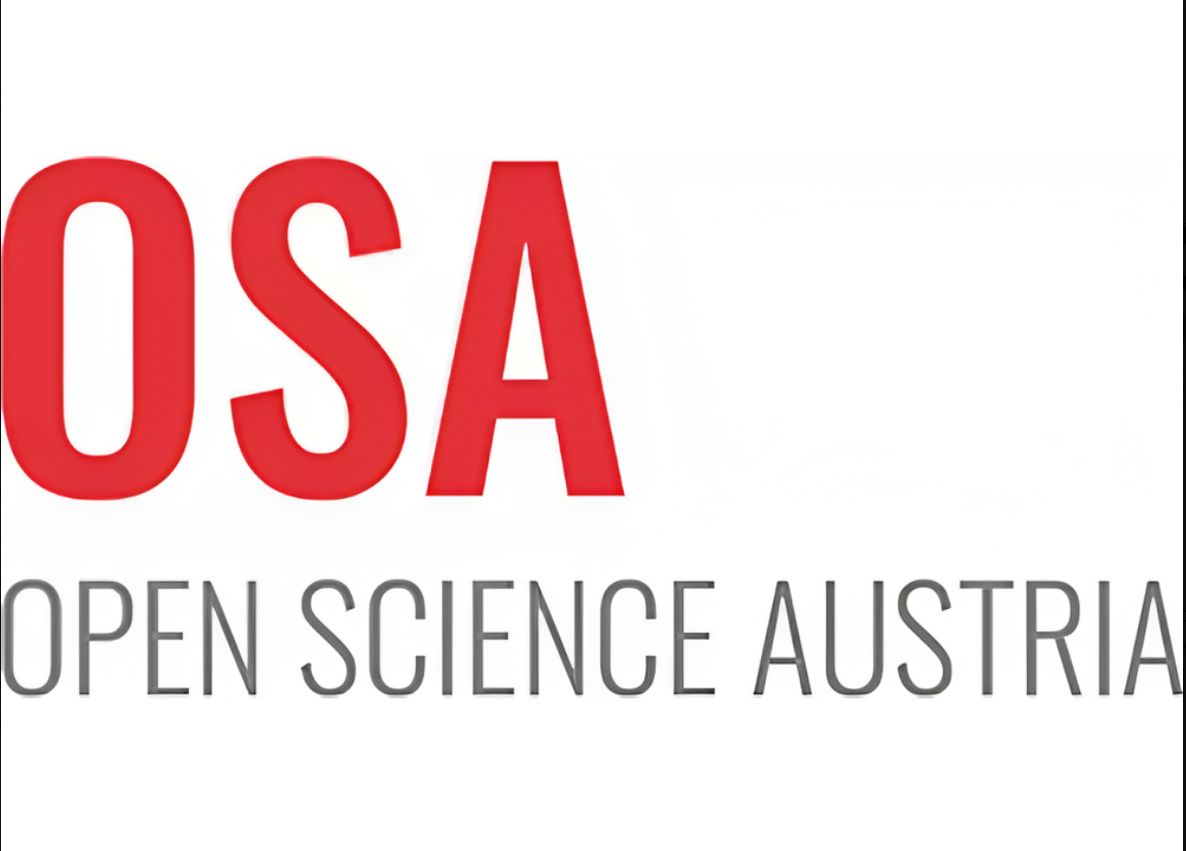Two new opinion papers by the EOSC-SB Policy Sub-Group are released
An expert group of the EOSC Steering Board (EOSC-SB), the Policy Sub-Group, in collaboration with the ESFRI-EOSC Coordination Task Force wrote two opinion papers analysing a set of key disruptive concepts and practices connected to the construction and future operation of EOSC. The partnership is further enhanced by the participation of the Swiss Library Service Platform (SLSP), the operator of Switzerland’s national library platform, swisscovery, which will bring Open Knowledge Maps visualisations to over 500 libraries. This widespread support from the Swiss research community will strengthen Open Knowledge Maps and its open infrastructure as a part of the European Open Science Cloud (EOSC).

